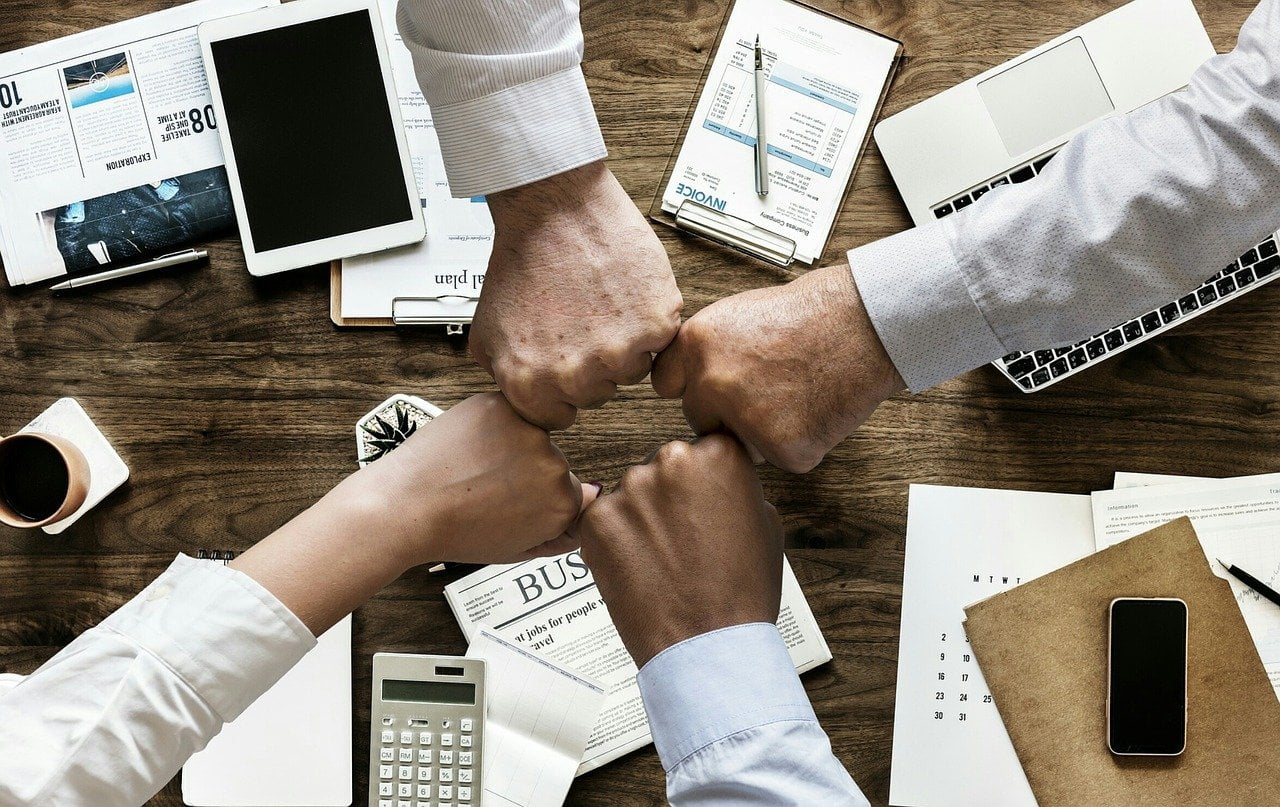Drawing on the stories of members of the global hedge fund industry, the Alternative Investment Management Association (AIMA) has published a guide on how to be an ally to colleagues from minority or underrepresented groups.
Q2 2021 hedge fund letters, conferences and more
‘How to be an Ally: Stories from the Hedge Fund Industry’ provides examples of how members of the industry can support their colleagues, and breaks allyship down into four pillars: listening, supporting, educating, and persisting. Each pillar is illustrated with stories from the industry, featuring individuals and firms from across the world.
The paper also includes a list of a dozen actions industry members can take immediately to support their colleagues.
Jack Inglis, CEO of AIMA, commented: “AIMA is proud to work with our industry to create a more diverse, equitable, inclusive and meritocratic industry. This new guide follows our previous work on DEI, including our paper ‘The Alternatives’ which offered a series of practical steps for firms looking to do more to improve DEI in the industry. We would like to thank those industry members who took the time to share their stories with us.”
Robyn Grew, Group COO and General Counsel, Man Group; Chair, AIMA DEI Steering Group; Vice Chair, AIMA Council commented: “The people who come to work every day in the industry are the essential element in the success of DEI. It has to be embedded in the culture of our industry at every level, from the reception desk to the executive office.”
How To Be An Ally: Stories From The Hedge Fund Industry
Listening
“Allyship requires action,” says Carol Ward. The President of Man GLG is speaking from personal experience. She grew up with two gay brothers. Carol had to learn how to be an ally early.
Her biggest role, she says, was simply supporting her brothers: being a shoulder to lean on, and a sympathetic ear. Along with her siblings, she also worked to make her parents comfortable with the situation, acting as a bridge between her brothers and her parents.
Carol and her family didn’t know it at the time, but attitudes towards same-sex couples were shifting in their country. Thanks to the tireless work of LGBTQ+ activists in Ireland, and the quiet support of allies like Carol, old prejudices were losing their hold. This process culminated in 2015. Through a simple act of solidarity—ticking a box on a piece of paper—hundreds of thousands of Irish changed the lives of their fellow citizens.
Ireland became the first country in the world to legalise same-sex marriage through a popular referendum. Don’t underestimate the power of allyship.
Carol has taken the allyship lessons she has learned through her life experiences and applied them to the workplace. Her goal is to make sure that everyone can be themselves in the workplace and, to that end, she has become one of Man Group’s most prominent LGBTQ+ allies. She’s quick to say that there’s no silver bullet for allyship. Rather, Man Group has pursued a slew of actions, both small and large. Executive allies, including Carol, have spoken about their experiences. Man Group has launched an initiative in which anyone who wants to can put a small Pride flag on their desk, to show their support for their colleagues; gender neutral bathrooms were also introduced in the London office.
Of course, there’s still much to do. By Carol’s own admission, some events have still been sparsely attended; Covid has created its own problems, as members of the LGBTQ+ community may not be out to their families, with whom they may have had to shelter.
Nevertheless, if Carol has learned anything from her experiences, just being there for people matters. It may not seem like much, but the first stage in allyship is sometimes just being willing to listen to your colleagues, and to let them know you’re there to help if they need it. After all, if Carol’s story tells us anything, it’s that small actions can sometimes be the start of something revolutionary.
- Let your colleagues know they can talk to you.
- Listen to your colleagues, and ask them how you can help before suggesting solutions.
- Take actions - no matter how small - to make your colleagues feel comfortable and accepted.
Read the full report here by AIMA













